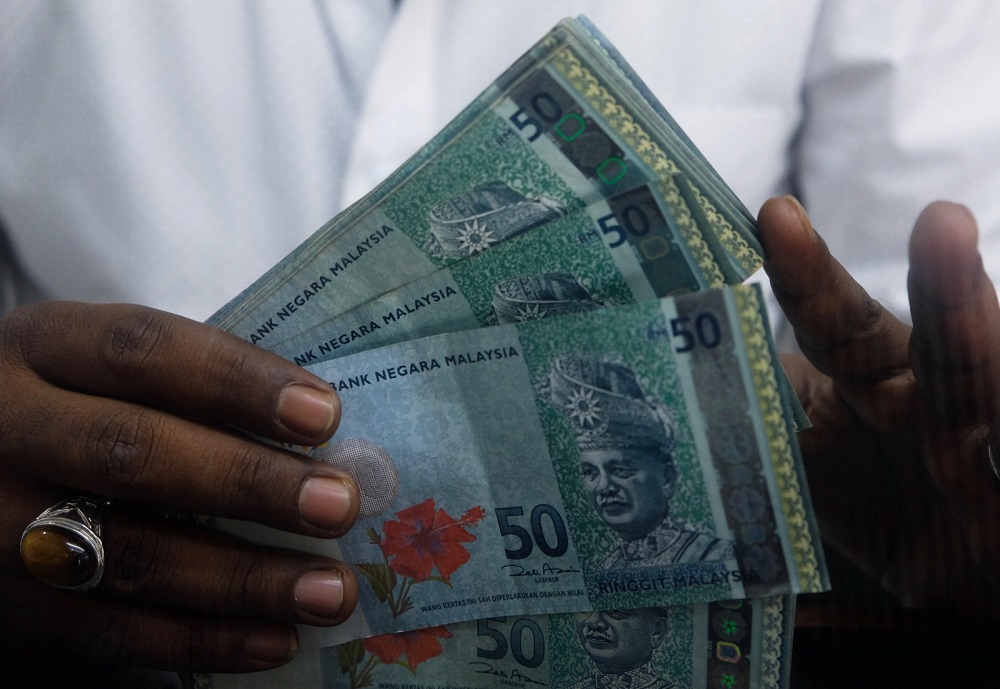GEORGE TOWN, March 30 — Putrajaya should include zero-interest loans for small- and medium-sized enterprises (SME) as part of the Covid-19 economic stimulus, Bukit Tengah assemblyman Gooi Hsiao Leung suggested today.
The PKR assemblyman claimed many SMEs cannot afford interest payments when they have no business at the moment.
“The working capital of these loans must be to assist small businesses pay for rental, sundries and workers’ salaries,” he said in a statement today.
In Penang, the state government is offering a Penang Business Continuity Zero-Interest Loan worth RM30 million for micro businesses and SMEs to use as “revolving model”.
“In America, US$350 billion has been set aside to give out loans without interest for such a purpose and these loans would only need to be repaid in the proportion of staff laid off.
“A company that keeps all their employees would owe nothing,” he said.
He said there are also the self-employed and day workers to consider, saying they should get a monthly stipend until the crisis is over rather than one-off aid.
He said the one-off cash payments of between RM1,000 and RM1,600 per household would not go far enough to help these groups during the crisis.
Gooi also said the stimulus package Prime Minister Tan Sri Muhyiddin Yassin announced last Friday did not address problems facing workers in the manufacturing and service sectors in Penang.
“While we support efforts to help all the ‘Makcik Kiah’, we must not forget all the other Ahmads, Ah Hocks and Muthus, who are employed in the manufacturing and service sectors in Penang,” he said.
Muhyiddin used a fictitious “Makcik Kiah” in his announcement to illustrate what a hypothetical low-income household could expect in aid under the Prihatin stimulus package.
Today, Gooi said the manufacturing and service sectors in Penang account for almost 70 per cent of the state’s workforce and were the driving force behind its economy.
“The remaining 20 per cent of the workforce is in the government sector and roughly 10 per cent work in other sectors such as agriculture, mining and construction,” he said.
With the MCO, Gooi said all non-essential businesses and services have been ordered to close including the tourism sector.
“Over 600,000 people employed in large and small factories, retail shops, restaurants, car workshops, hotels, real-estate and many other sectors in Penang stand at risk of losing their livelihood or jobs if these businesses go under,” he said.
He said the stimulus package does not protect small businesses and jobs in the manufacturing and services sector, especially in Penang.
“The flat rate of RM600 wage subsidy for three months will not be sufficient to assist small and medium sized businesses in Penang to keep their employees if their businesses are not operating and not generating any income,” he said.
He added that the conditions requiring employers to show that revenues have dropped by 50 per cent for the wage subsidy should be removed.
“Comprehensive wage subsidies must be targeted at assisting all affected during the MCO period immediately, as well as after, to help sustain the businesses adjust and rebound,” he said.
He said the three months’ wages subsidy should be extended for a longer period and should be increased and adjusted according to the sectors most affected by the MCO and the outbreak.
He pointed out that Singapore is covering up to 75 per cent of the employees’ monthly salaries for sectors most affected until the end of the year.
“Similarly, the government should also look into covering a percentage of wages for employees who have been asked to go on unpaid leave or where working hours or shifts have been cut, especially in small and medium sized factories to avoid massive lay-offs,” he said.
He hoped the government will explain the source of funding of the RM600 wage subsidy and whether Social Security Organisation (Socso) funds are being used to finance the subsidy.



















